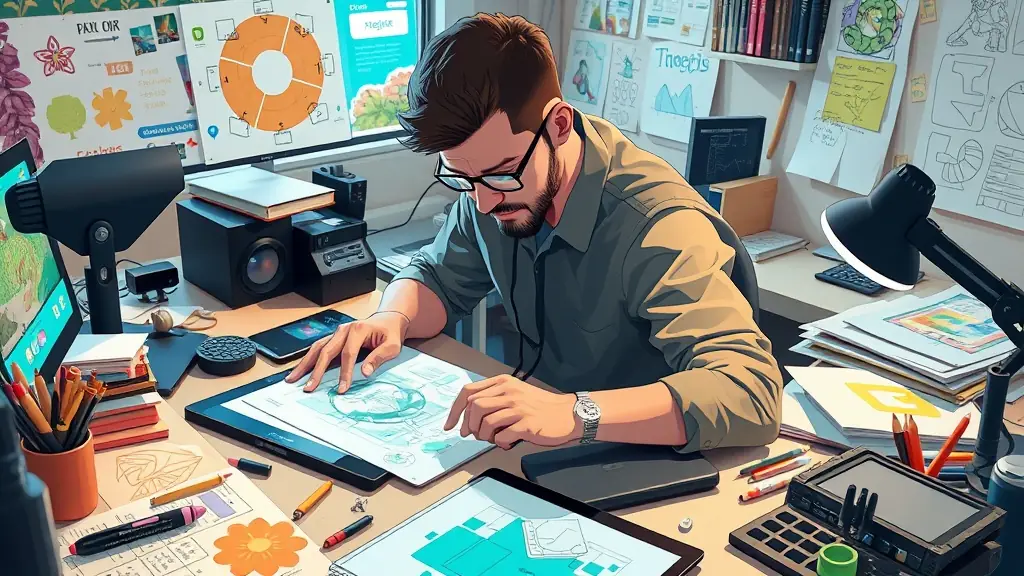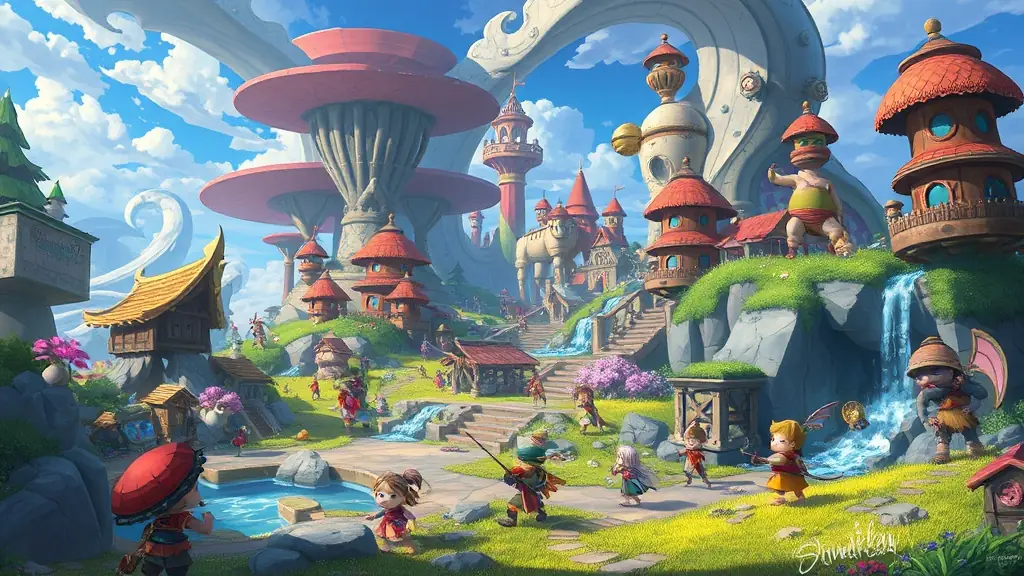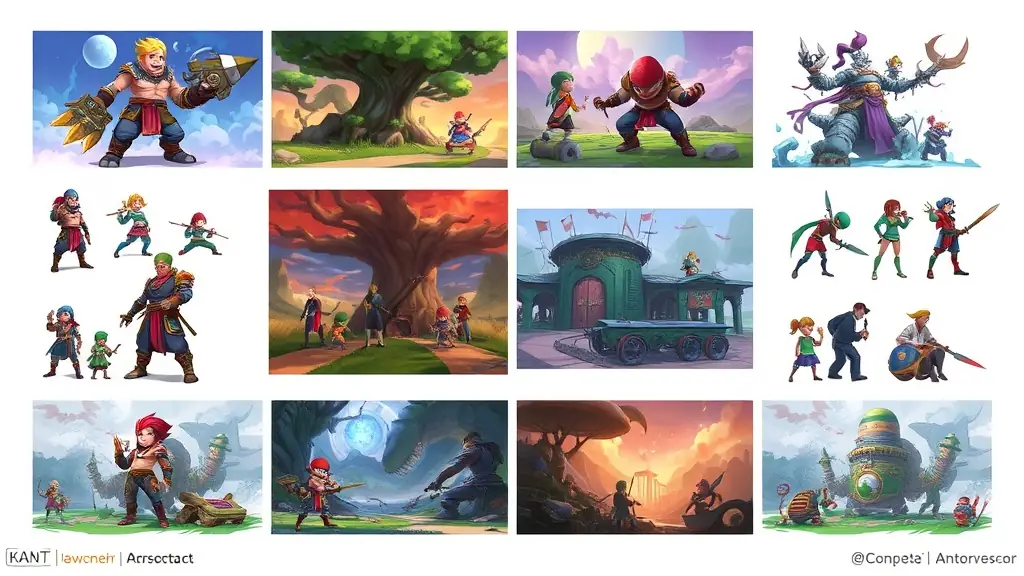Prototyping is an essential step in the game development process that allows designers to test ideas and mechanics before full-scale production. At PixelForge, we emphasize the importance of creating prototypes to explore gameplay concepts and identify potential issues early on. This iterative process not only saves time and resources but also fosters creativity, as it encourages experimentation and innovation. By developing a prototype, we can visualize our ideas and gather valuable feedback from players and stakeholders.
The prototyping phase involves creating a simplified version of the game, focusing on core mechanics and gameplay loops. This allows our team to assess how different elements interact and whether they align with the overall vision of the game. By testing various scenarios, we can refine our approach and make informed decisions about design choices. This hands-on experience is invaluable, as it provides insights that can significantly enhance the final product.
Additionally, prototyping serves as a communication tool within the team and with clients. It provides a tangible representation of ideas, making it easier to convey concepts and gather input. At PixelForge, we believe that a well-executed prototype can bridge the gap between vision and reality, paving the way for successful game development.








